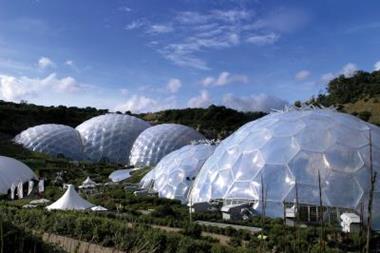The Commission wants to use its spending power to push the development of greener products
Spending almost €2,000bn each year on goods and services, European public authorities have a huge influence on markets and product development across the EU. The European Commission wants to use that power to push the development of greener products.
Public authorities spend around 16% of the EU’s annual GDP each year. Much of this spend is in areas of high environmental impact, such as transport, buildings and furnishings. The European Commission wants to use this buying power to boost the development of products and services with higher environmental performance. In its Climate Change Action Plan of July 2008, the Commission announced its intention to develop a systematic approach to incentives and public procurement that would favour products and services that meet higher environmental standards.
The goal is to persuade both private sector suppliers and the general public to change their product preferences. The reason is the present rate of consumption of resources within the EU. If the world as a whole follows the EU’s present consumption patterns, the Commission believes, global resource use could quadruple within 20 years.
Green public procurement
It is therefore proposing a new (and at this stage voluntary) procurement process for European public authorities called Green Public Procurement (GPP). Aimed at all public procurement, GPP would enable administrations to favour those products and services that have the least impact on the environment.
“The Commission expects this latest initiative to stick
The EU’s Ecolabel scheme is expected to play a central role in deciding which products or services reach the required environmental performance. Ecolabel currently covers some 26 product groups, from soaps to hotels and campsites. The Ecolabel flower logo can be applied to any product or service, except food, drink, pharmaceuticals and medical devices.
Not the first time
The Commission has been here before. A 2003 missive encouraged Europeans to adopt green public procurement by the end of 2006. To date, only 14 countries have done so. A 2006 study concluded that only seven European countries were practising GPP to a significant extent (ie in more than 50% of all analysed tenders).
This limited success has been put down to a variety of reasons: insufficient criteria for analysing the ‘greenness’ of products and services, poor information and lack of political support.
Yet the Commission expects this latest initiative to stick. While it is proposed as a voluntary framework, the Commission is inviting the European Council to support the ongoing development of mandatory measures for green public purchasing.



















